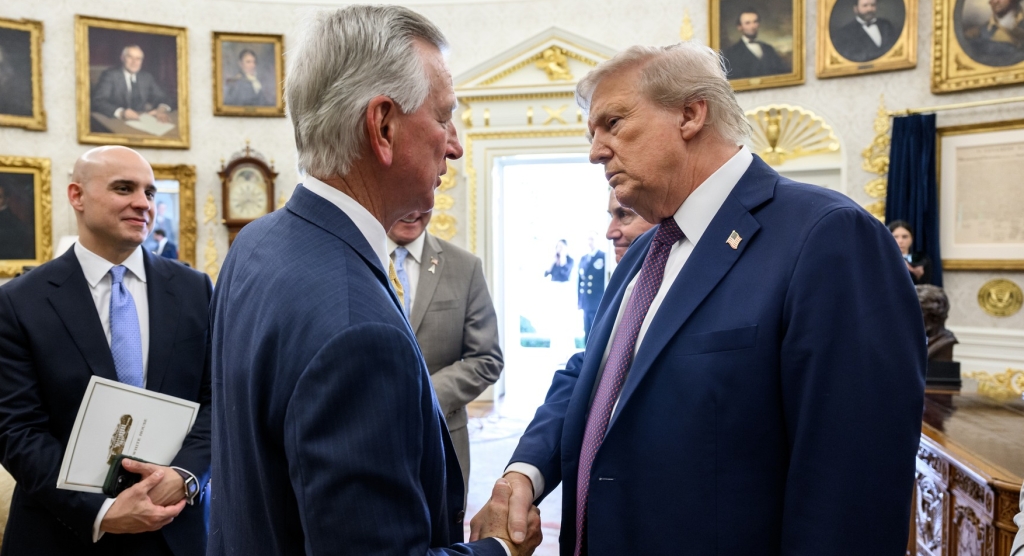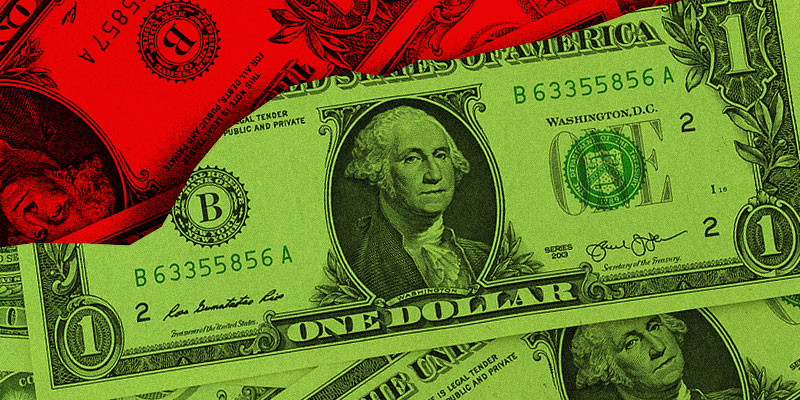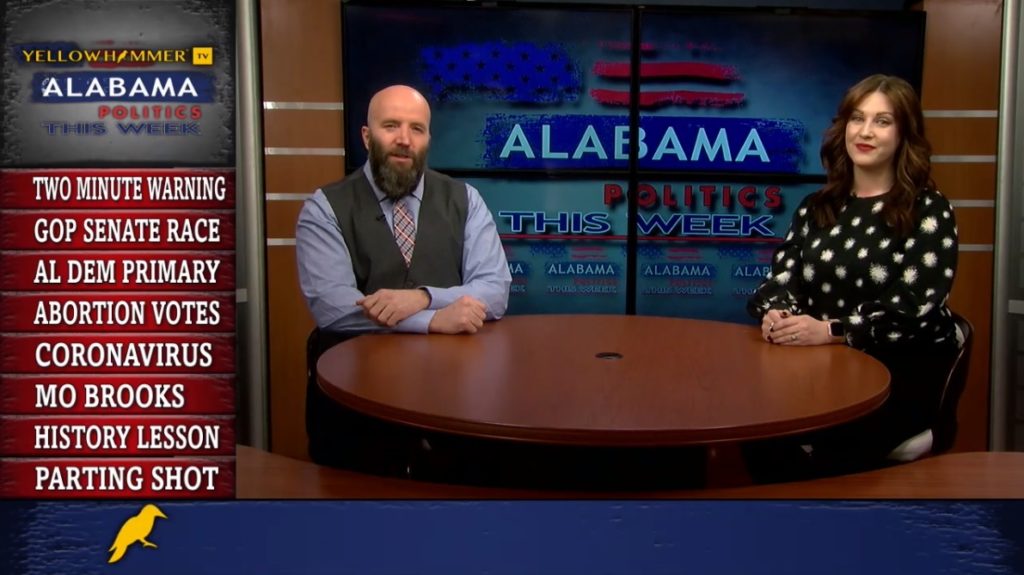The debate over government’s role in health care and “Medicare for All” frequently revolves around whether health care is a human right. We establish government to secure our rights, so government should not deny Americans’ right to health care.
Health care is one of several economic rights, like rights to food, shelter and education. Arguments concerning health care generally apply to other economic rights.
The U.S. Constitution and Bill of Rights do not recognize economic rights, which run against our founders’ political philosophy. The American Revolution was fought to secure “negative” rights, like life, liberty and property. Negative rights can be enjoyed by preventing actions to violate them, like assault or theft. If you observe the non-initiation of force rule, you are unlikely to violate negative rights.
Negative rights though do not ensure that people have the things needed to achieve happiness. A person unable to eat, obtain an education, or receive medical care will not have a high-quality life. The world would be better if everyone enjoyed a minimal standard of living. Does this imply that people have economic rights? The United Nations’ Universal Declaration of Human Rights affirms this.
A problem arises with economic rights. Health care must be produced, so some people must be obligated to provide this. An unchosen obligation undermines the voluntary basis of social interaction. To avoid forcing doctors to treat patients, government must pay
the bills.
Opponents of economic rights see these obligations as problematic. The U.N. Declaration says that “all human beings are born free and equal in dignity and rights.” The obligation of some to provide health care for others seems to produce unequal rights.
Another problem concerns the level of care people are entitled to. Surely emergency medical care and treatments for life-threatening diseases should be covered, though probably not fertility treatments. Yet parenthood is a huge component of happiness. Plastic surgery seems excessive, but what about persons disfigured by accidents?
Are people obligated to live to minimize the burden they impose on taxpayers? Should people face dietary restrictions and exercise requirements? Should we ban dangerous recreational activities like skiing and softball? Such restrictions compromise the pursuit of happiness.
We need not make health care a right to provide coverage. Insurance already helps with this. Few Americans could afford $1 million in medical care themselves, but insurance can cover this, and through voluntary contracts and not taxes. Americans today are not denied emergency medical care due to an inability to pay.
Americans’ willingness to help those in need makes charity an alternative in providing medical care. Voluntary assistance provided a safety net before the modern welfare state, as documented by University of Alabama historian David Beito. In addition to numerous charities, today individuals can make appeals on GoFundMe.
I will leave the question of whether voluntary assistance could provide health care for another time. Instead, let’s consider two troublesome aspects of voluntary assistance.
Even with a diverse array of charitable assistance, people might fail to meet eligibility criteria. If churches provided charity medicine, for instance, low-income Americans who were not religious could go uncovered. Of course, people slip through the cracks of our government safety net: not everyone eligible for Medicaid enrolls. The gaps appear to be a fixable flaw of a government safety net but a feature of charity.
Proponents of government assistance feel that asking for charity is demeaning. I agree that many people find asking others for help unpleasant. A right to health care keeps people from having to beg for help.
Health care is a component of modern prosperity, which must be continually created. A poor society, like America at the time of our founding, can enforce negative rights to life and property. We can better ensure that every American has health care and other economic necessities through public policies designed to allow prosperity than by enshrining economic rights.
Daniel Sutter is the Charles G. Koch Professor of Economics with the Manuel H. Johnson Center for Political Economy at Troy University and host of Econversations on TrojanVision. The opinions expressed in this column are the author’s and do not necessarily reflect the views of Troy University.













